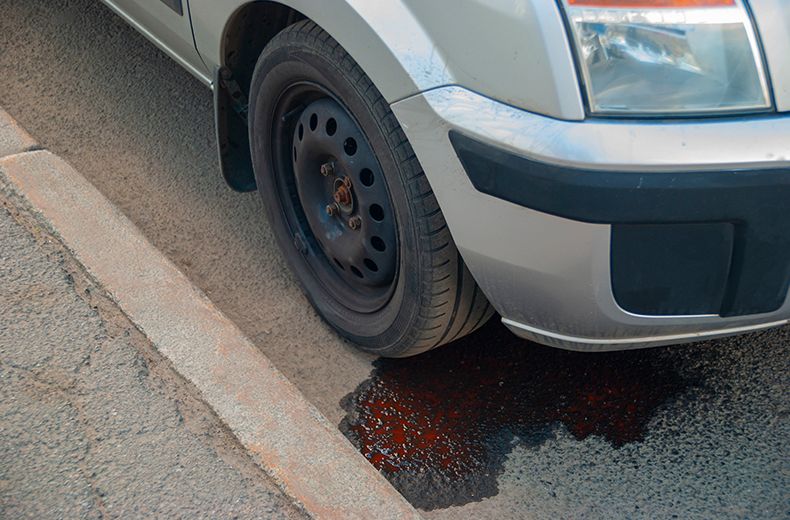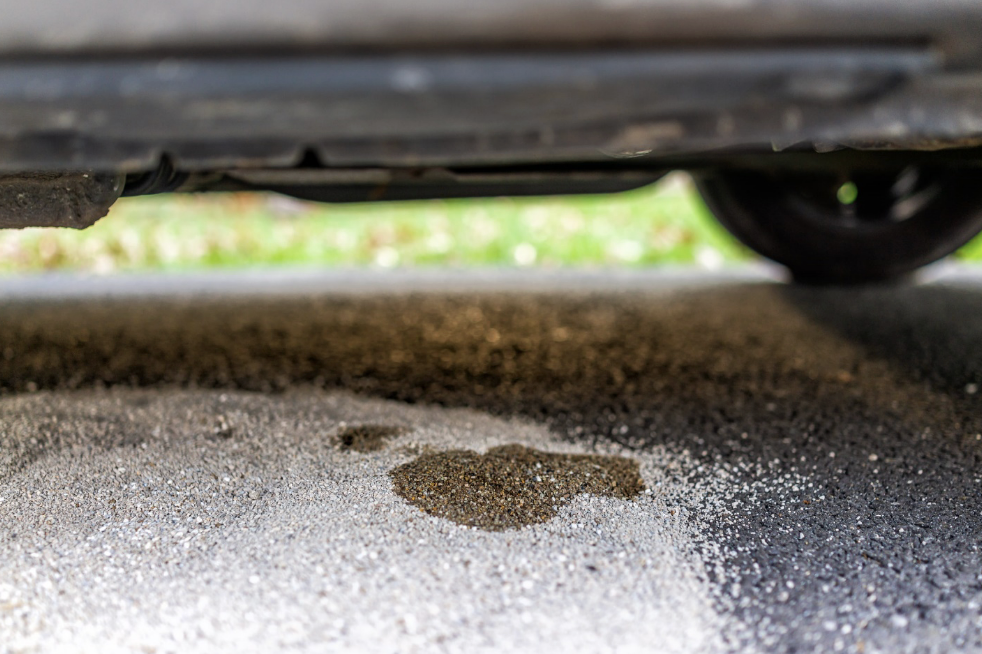When you notice those mysterious spots on your driveway, it’s natural to wonder if your car is leaking oil. Ignoring these signs could lead to costly repairs and even put your safety at risk.
But how can you be sure if oil is the culprit? You don’t need to be a car expert to figure it out. By learning what to look for, you can protect your vehicle and your wallet. Imagine the peace of mind knowing you’ve caught a problem early before it turns into a major issue.
Plus, we’ll also explore whether using engine oil stop leak is a safe option for your car. Stay with us to uncover the simple steps you can take to keep your engine in top shape and avoid unexpected breakdowns.

Credit: www.rac.co.uk
Is It Safe To Use Engine Oil Stop Leak
Engine oil stop leak products can offer temporary relief but may not address underlying issues. Spot oil stains under your car or low oil levels to determine if your car is leaking oil. Regular checks and timely repairs are crucial for preventing serious engine damage.
Oil leaks can be a hassle for car owners. They not only create a mess but can also lead to serious engine damage if not addressed promptly. Many drivers wonder if using an engine oil stop leak is a safe solution.
Let’s delve into this topic to understand its safety and effectiveness. Understanding Engine Oil Stop Leak Engine oil stop leak products are designed to seal minor leaks in your car. Here’s what you need to know about them: – Purpose: They temporarily seal leaks in engine gaskets and seals.
– Application: Easy to use, simply add them to the engine oil. – Compatibility: Suitable for most types of vehicles, including older models. – Effectiveness: Works best for minor leaks rather than major ones. Is It Safe to Use? Engine oil stop leaks can be safe when used correctly.
It’s important to understand their limitations and the potential risks involved. – Short-term Solution: They offer a quick fix for small leaks. – Not for Major Repairs: Won’t replace professional mechanical repairs. – Possible Side Effects: May cause build-up in the engine over time.
– Check Manufacturer Guidelines: Ensure compatibility with your vehicle’s engine. Considerations Before Use Before using engine oil stop leak, consider a few factors. These points will help you make an informed decision: – Leak Size: Assess if the leak is minor.
– Vehicle Age: Older vehicles may benefit more. – Professional Inspection: Consult a mechanic for advice. – Product Reviews: Research user experiences and feedback. Alternatives to Engine Oil Stop Leak If you’re unsure about using stop leak products, explore other options.
These alternatives might be more suitable for your needs: – Regular Maintenance: Helps prevent leaks from occurring. – Professional Repairs: Mechanics can provide a thorough inspection. – High-Quality Oils: Reduce the risk of leaks with better lubrication. – Replace Gaskets: Consider replacing old or worn gaskets.
Choosing the right solution for oil leaks depends on various factors. Always prioritize safety and seek professional advice if uncertain.

Credit: www.cbac.com
Conclusion
Detecting oil leaks early prevents costly repairs. Check under your car often. Look for oil spots on the ground. Smell oil burning? Hear engine noises? These might be signs of a leak. Stop leak products can help, but consult a mechanic.
Regular oil checks ensure engine health. Keep your car running smoothly. Save money and stress. Maintain your car well. Protect your engine from damage. Stay alert to changes. Listen to your vehicle. Your car’s health matters. Act promptly on any signs of leaking oil.
Always prioritize safety and efficiency.
